Posted by scotthastie on Jun 2, 2021 in Blog feature, Gallery, Recent Writing | 11 comments
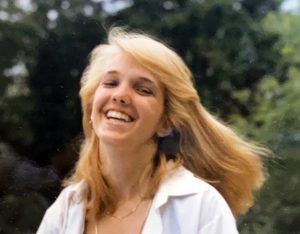
Selected Poetry – A bouquet of Poesy
Scott Hastie’s ‘Selected Poetry’ is a collection that harkens to the Romantics of old as well, as the modern enthusiast at times straddling both with deft efficiency. He begins with a pastoral paean to nature:
On a still summer’s afternoon
Finches chatter in the hedgerow
And neat cottage gardens burst forth
With the first fresh blooms of June,
Delicate pastel peonies
And hardy green roses plump in the bud.
Feathered chestnut blossom lingers high
In splendid old trees,
And on the meadow’s gentle slopes
Tired cattle seem lost in a sudden heat
That almost stops your heart.
Nature’s mellow pause
In a changing English season,
Edged by echoes of birdsong
And gentle breezes in barley.
One can almost hear Wordsworth in these lines when he describes the ‘delicate pastel peonies’ and the ‘feathered chestnut blooms’ this is not merely though, a poem that details the varied vegetation in the garden but one which through rhyme brings you into the moment, suddenly you are transported into an English meadow such as the lush greenery of Wordsworth’s lush Northumberland.
From here he proclaims the delights of summer,
Fresh fractured singing surf
Dances at the foot of the sheer cliff edge,
Perpetually humbled and yet splendid in its arrogance.
We stand and watch in the sunshine
As its white spray stings the ragged face of time.
This is the poetry of youth, finding joy in every sunrise, and every sandy-hewn cliff. Yet, for all his melodic fancies, he does not risk thematic redundancy, by sticking us solely in the sanctum of the summer’s joyful agrarian bliss. There are depictions of the cold landscape of
The winter landscape displays more clearly
Its spread of flat, open, naked space.
And
The very features on her virgin face,
Though covered, glow still in the gloom.
This is the work of a young artist, stretching his poetic wings, searching for his voice, trying out one, mastering it, and then another, as one a musician would having learned the acoustic guitar finds him/herself curious about the electric, the classical, and maybe even the bass. If we see this as a starting point from which to launch our poetic ship Hastie’s ‘Selected Poetry’, is a grand place to begin. Each work builds upon the previous one. We see the poet too, transforming from his youthful dalliances into Wordsworthian poesy to his more modernist work. Having read and enjoyed Hastie’s later work, you can hear reading in this his mature voice, peeking through like a friend waiting in the wings to be introduced. This is evident in such lines as
And so here we are, my love and I,
Just doing our best…
Like sunny morning nudes
We sit together scheming happiness.
And the sensuous allusion to the goddess Aphrodite
in the good green grass,
My body seeks the velvet crimson of a tiny crocus,
Sweet Goddess of desire.
And later, when he speaks of the birth of his child, in the ever personal and beautiful
Bathed in rhythmic floods of energy
That stretch and squeeze,
Stretch and squeeze,
Until the magical hour arrives
When breath and pain quickens to a frenzy,
And then suddenly there it is,
Magnificent.
Black and blue and bloody,
Soon writhing in your hands,
Softly screaming.
The voice here is not just that of the father, but an observer of life, of the disparate energies, that ebb and flow within all of us as life is created. And this is the point of poetry is not? To reflect back to the reader, not merely what one see’s but the emotions and undercurrents that are ever-present, but not always noted. It is the poet’s job to do that. To be an echo of life. Hastie’s work is a shining example of that for it amplifies the darker (subliminal) energy and that which lifts up as well. I can think of no finer example of what poetry is, and of the emergence of it, than this collection which subsumes the reader as it harkens the old and heralds the new.
New Poetry – Plaint Symphony
In reading Hastie’s work, New Poetry , after taking in his sublime Selected Poetry , I was not sure what to expect with this latest (though published first in the 90s) offering. Would it be as varied as the previous work? Would it capture my imagination and heart as richly as the first? The answer to both of these questions is an unqualified yes.
New Poetry (as Selected Poetry did ) starts slowly, is the overture of a symphony (think Braham’s 4th) its rhythms like a slow pianissimo, hum sweetly in your ear.
A drowsy stream,
Once stiff and iced in winter,
Trickles freely over a bed of pebbles,
Past grassy lumps at the meadow edge,
Where seedlings struggle through silvered moss
One can almost see and hear this “drowsy stream” and see the “silvered moss”. Hastie not stopping, uses such metaphors intertwining the wonders of nature in such a way as to juxtapose those with his young daughter
Her hair fair with tiny ringlets
She might never notice,
Her joy is so open.
How strong and sturdy she grows,
And yet how she still loves
The simple exquisite things,
Like splashing me with water
Or kissing cool cotton sheets
On a sticky summer’s night.
And then
Look closely in the garden,
At the tired but pollen-laden shrubs,
And you will see how even now
A host of insects
Are busy harvesting gold
In this still and inky darkness.
As for Louise,
She’s calmly asleep with all her dreams.
The rampant sun has ebbed away again,
And at the end of an all but exhausted day,
How prettily the moonlight lingers
Over this, the perfect silence of happiness.
Though he revels in the beauty of nature he is not insensate to the deformities in it, as well as humanity
At its edge young bushes, thick with thorns,
And tall colonies of giant serried nettles
Fail to hide completely the ugliness
Of shattered plastic and rusty metal
And then laying the blame where it must be
the old weathered bricks
And crumbling cement that have tumbled down
In the centre of this muddied woodland clearing,
Where man once lingered thoughtlessly
And nature still struggles to cover the spoiled space,
Where his sad monuments still linger,
Stubborn and hopeless.
The meter is strong and lingers over your mind like a warm bath, weltering and at times stinging your skin over the open wounds that humanity has willfully inflicted. His is employs here a Frostian mode, but Frost with an erudite, and at once accessible to the modern ear, bite.
It is, therefore, not surprising that not long after, we hear the voice of Hastie’s, (which we would as any reader of his would recognize) his mature poetic voice seeping through. It is there on the edges of many pieces, peeking its head out, and then popping back in, like a child at the door, wondering if he dares to venture out into the cold.
This becomes apparent first in the first four paragraphs [page 16]
Ancient feelings sow seeds of delight
Fed by needs and desires,
Both petty and bestial,
That foster none of the peace and contentment
Of those who, with simple hearts,
Find acceptance and chase little more
Than the day’s end, such is their trust.
To know no more than this though
Is perhaps the best of life’s blessings.
For in quest of innocence long departed,
There is no road back to the calm naked
Islands of hope that once we were.
So hold me tight, take all you want of me,
And in this, the sudden, sharp passion
Of our secret world,
I promise you that
The lines here are a narrative, the poet breaking the fourth wall addressing the reader, says, “Of those with, with simple hearts, find acceptance and chase little than the day’s end is their trust…” and in the final paragraph “So hold me tight, take all you want of me, and in this, the sudden sharp passion of our secret world, I promise you that,” The final paragraph returning the reader to the metrical rhythms of the previously engaged.
We will spill and share our souls.
We will be all we should be,
At least until the morning comes
It is as if the poet, still searching for his voice, does not, or has not decided between the two genres, that of free verse, or the more classical (and thematically familiar) Wordsworthian, Frostian, mode. How does he choose? It seems the choice is made slowly, and through poetic play (as all good poets do) and by the events of life (foisted on upon us) causing the artist to submerge himself collectively within the nebulous (and ephemeral) void of consciousness.
Witness the unmetered sonnet
Within the golden riot
Of a flat freezing autumn
Coldness quite suddenly
Has its own specific and final smell,
A smoky meld of musk and damp,
The smell of loss and completion.
Now tomorrow is made anew,
Though every step forward
On the soft first frost of winter
Will seem like an agony of intrusion,
Like walking on sacred relics,
Or broken bone china
That might crack and spit at you
With its own sense of finish, of perfection
The meter is imperfect, it is not iambic, the first two lines being heptameter, the third hexameter, and the fourth iambic, the fifth hexameter, and the sixth hexameter, ending with the three-syllable word, completion. The second stanza continues in this vein of imperfect rhythms, but what completes it, rounding the entire with a continuity that gives the work bulk, is the last word, again three-syllables, perfection. It is as if the artist, is cognizant of the inclusion in the work and as such, in highlighting it through the subtlety of meter announces that it is complete and perfect in its own imperfection. That the “imperfections” are, is what makes it so.
Again, and again, he returns to this vegetive exquisiteness highlighting through the use of personification no more and nowhere profoundly, an aged weariness that exists in nature (as in humanity)
A diseased tree dying alone
In an empty field.
Its trunk and branches roughly broken,
Snapped by a merciless hope.
Its sap, once fresh and sticky,
Set fast and solid now – finished
Like the ugly look of its piebald bark
-Peeling, tatty and torn.
This bust broken giant
Seems to be mourning an elephantine loss.
Robbed of growth.
What is notable, and it comes forth later and to a greater extent, is the emphasis is now two-fold, on beauty and loss. Hastie’s reverence for the tree acknowledges what has been, the “once fresh and sticky” [sap] that has “set fast” and the “ugly look of its piebald bark. “, Even in delineating the wasted youth, there is beauty. Not long after this, he tells us so-
Fat greedy birds sit and beg
From the spiky frozen branches of naked trees,
Whose silhouetted limbs eat into the air
This is a fiercely brave book for its daring to go not just into the mire of nature’s bounty, but to then weave seamlessly into this concoction a brew that will resonate deep within the soul because this is not Hallmark verse that one would use for holiday cards, it is heartfelt, (which is, verse for the common man) retaining poetic structure and nobility, while reaching furtively beneath the layers collective consciousness that all of us use to guard our at once solipsistic, tender humanness.
This ‘humanness’ is nowhere more evident than in the author’s perceptions on the death of a lost love, detailed near the end of the collection. He speaks of visiting her graveside.
I knelt for hours though,
Chasing back our memories together,
Until their sweet resonance
Made it almost impossible to leave,
Anchored by your loss.
The pink roses
I left to drip in cellophane.
After this, the remaining poems have a natural infusion of morbidity; recurrent themes persist as the author ponders death, growing old, the suffering of others, at the hands of those whose sights are set on cupidity and malfeasance. Even later in a piece in which he contrasts his infant son with grown men
Even the most finished
And brawniest of men
Can look so childlike, so vulnerable,
Curled up and alone
Beneath simple white sheets.
my baby boy.
Thick breast-fed bones,
Already solid
Beneath layers of puppy fat
He returns at the end to the previous loss,
Buried, but growing strong beneath
Warm furred sheets,
Once as smooth and as cold as a mortuary slab.
His pain is palpable, as he calls himself “the last man alive” that he “dreams of lush green grass” but later notes that “He is impotent now” and “like a tiny black flower” these are the sentiments of one who is inured in grief, though longing to move on. His awareness that he can “never be quite so innocent again.” Gives one pause to ask, if the death of his love was something, he felt guilt for, and if not, is he torturing himself for some unknown, and unspoken reason? He does not let us in on that but keeps the movement going. [Remember this is a symphony and we have now entered the final part].
In the denouement, he returns us to nature, for it is from her, that he can revive, imbibe sustenance, begin to make sense of things and then not so much move on, but move forward putting into place lessons learned, and from there reconstruct his life using that knowledge to feed himself, spiritually and this the heart of it, and New Poetry , is about. Feeding the soul. The movement is evident in
How existence
Surely gets sadder
And yet more beautiful.
Like the swollen patterned body
Of a pregnant spider,
As it rests tentatively on the silken net
Of a seemingly mortal tragedy,
That truth glows.
Hastie’s words, cognizance of the “sadness” and that in that, there is beauty is a plaint, sung through the vision of spider’s swollen pregnant belly weighing on the silken net, for are we not all like this in our existence, balancing on those tentative threads, hanging precariously over that which we know, and that which is.
Aria Ligi, Writer and Poet, San Francisco, 2021.

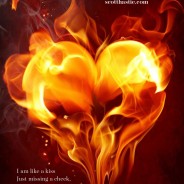
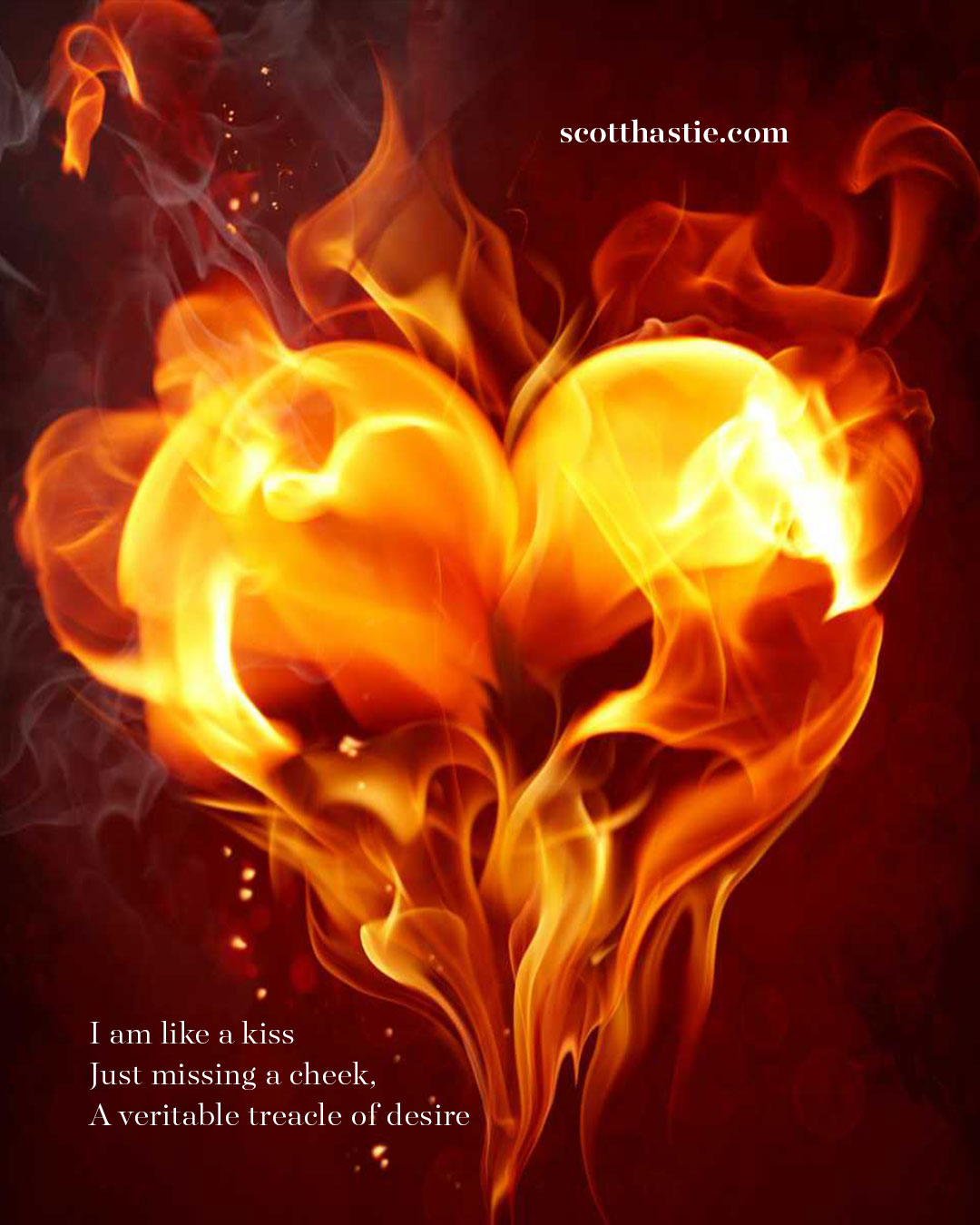
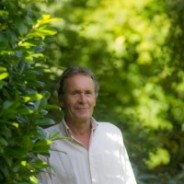
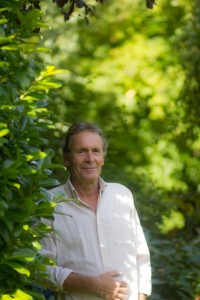
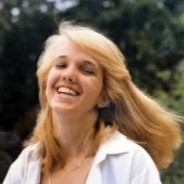

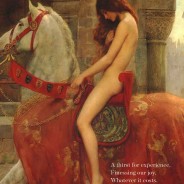
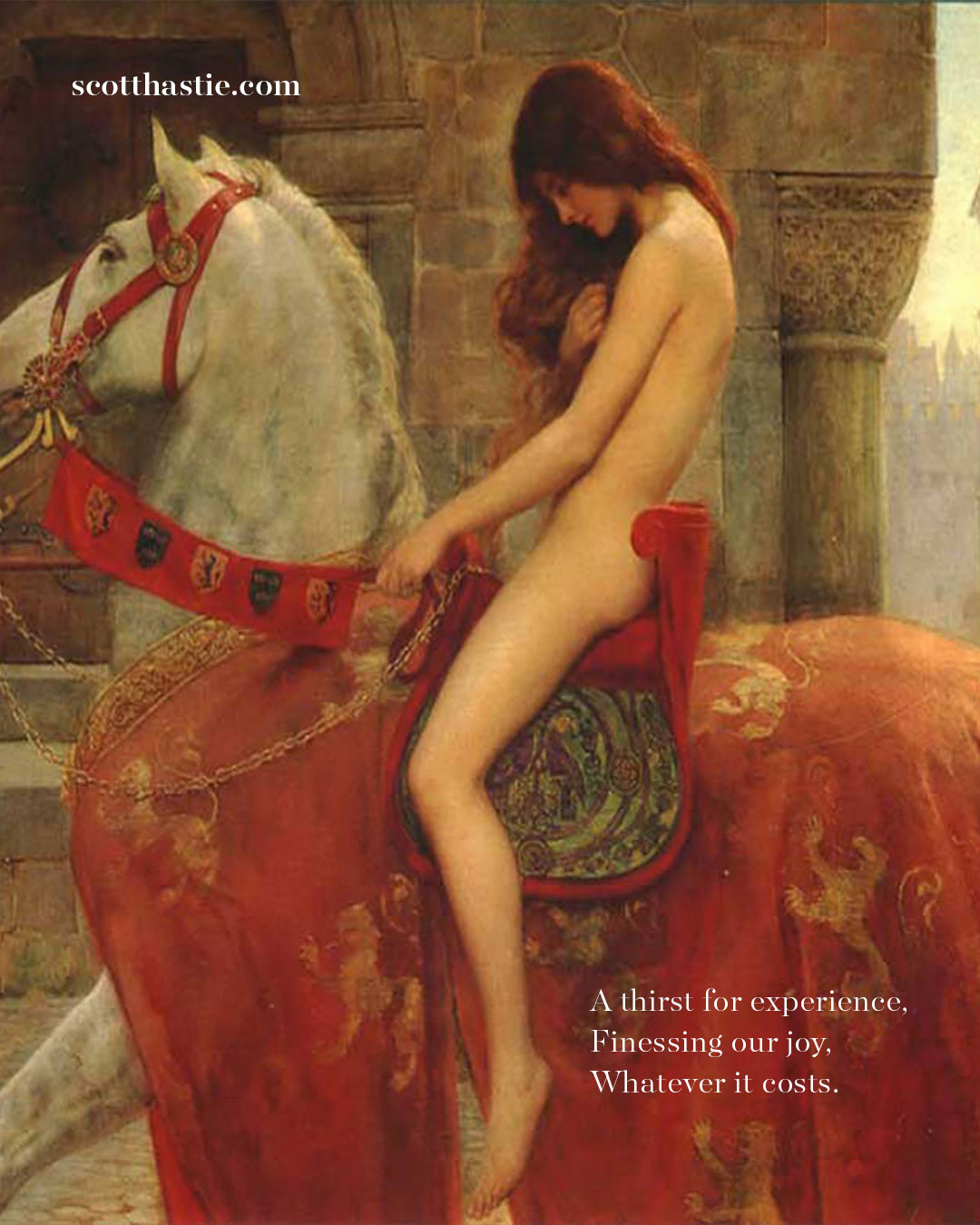
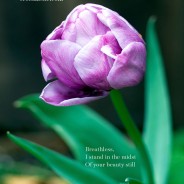
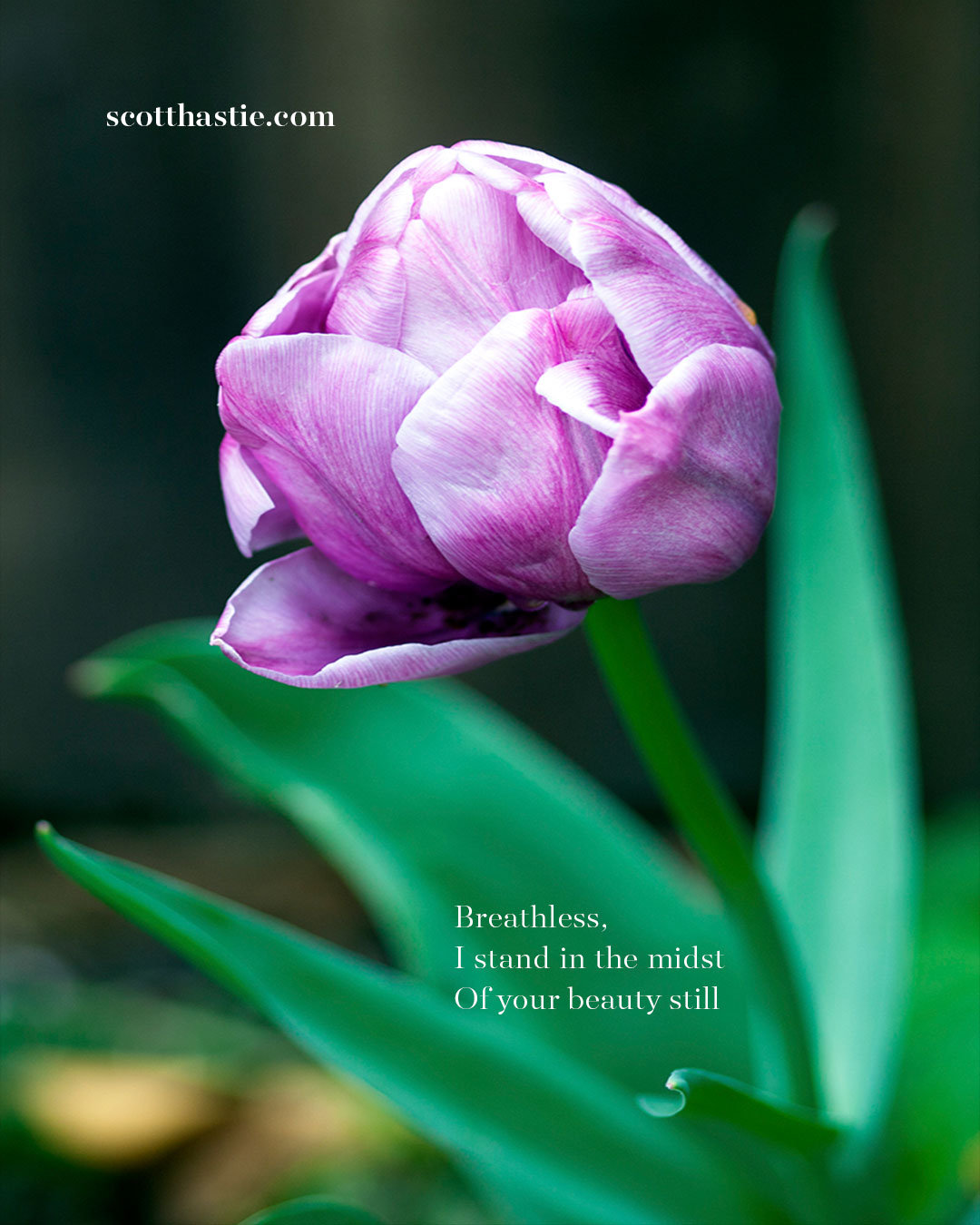
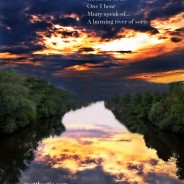
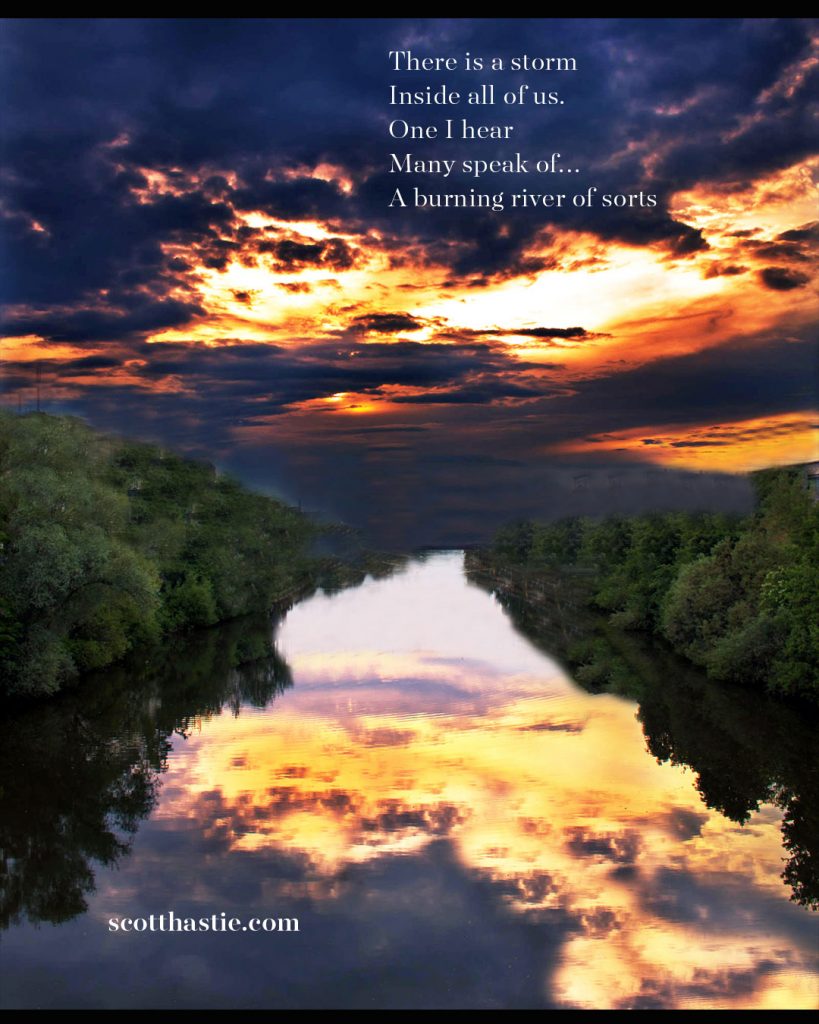
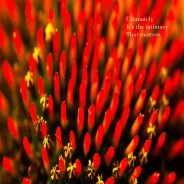
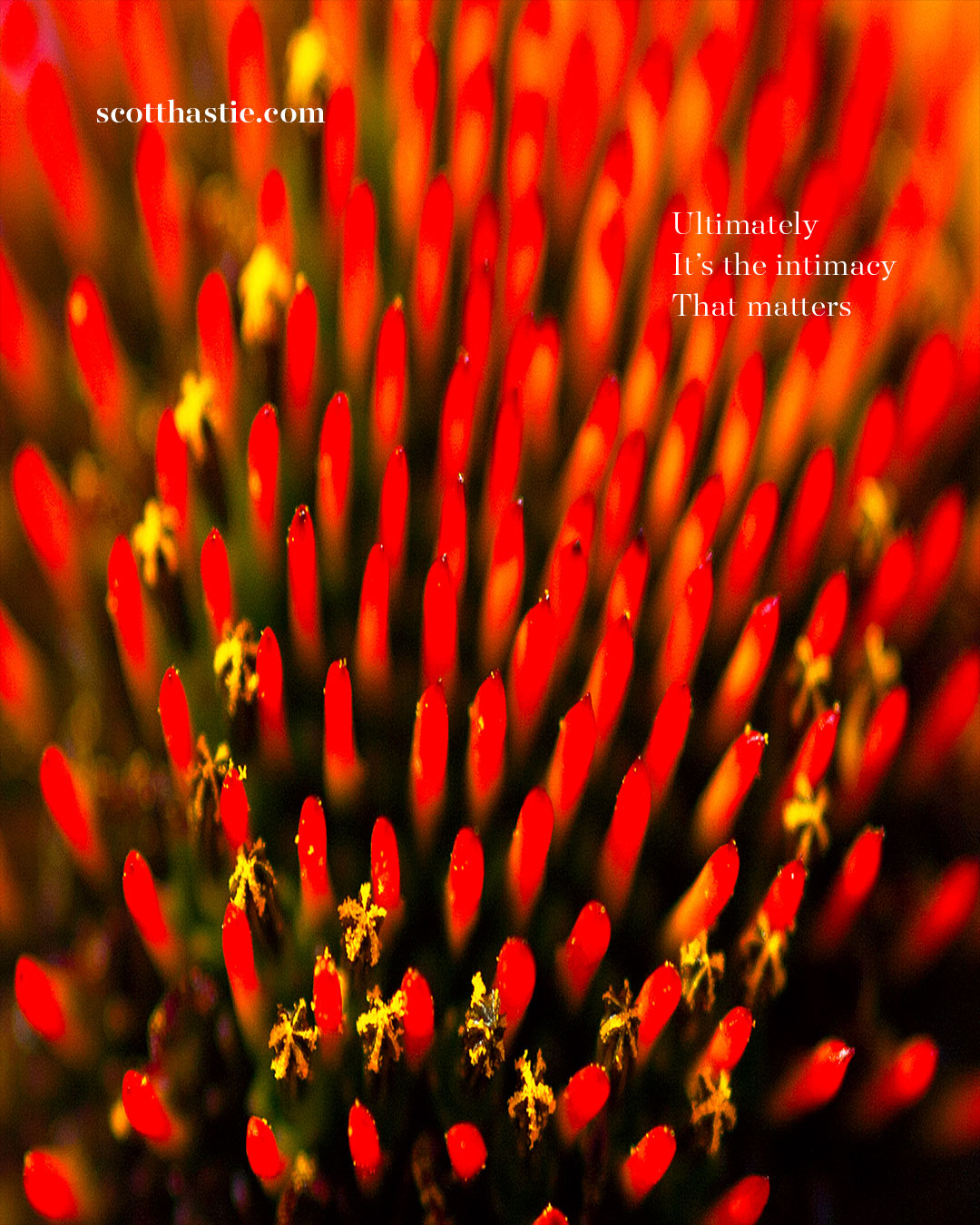
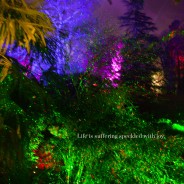

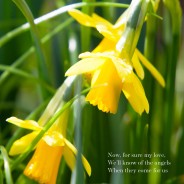
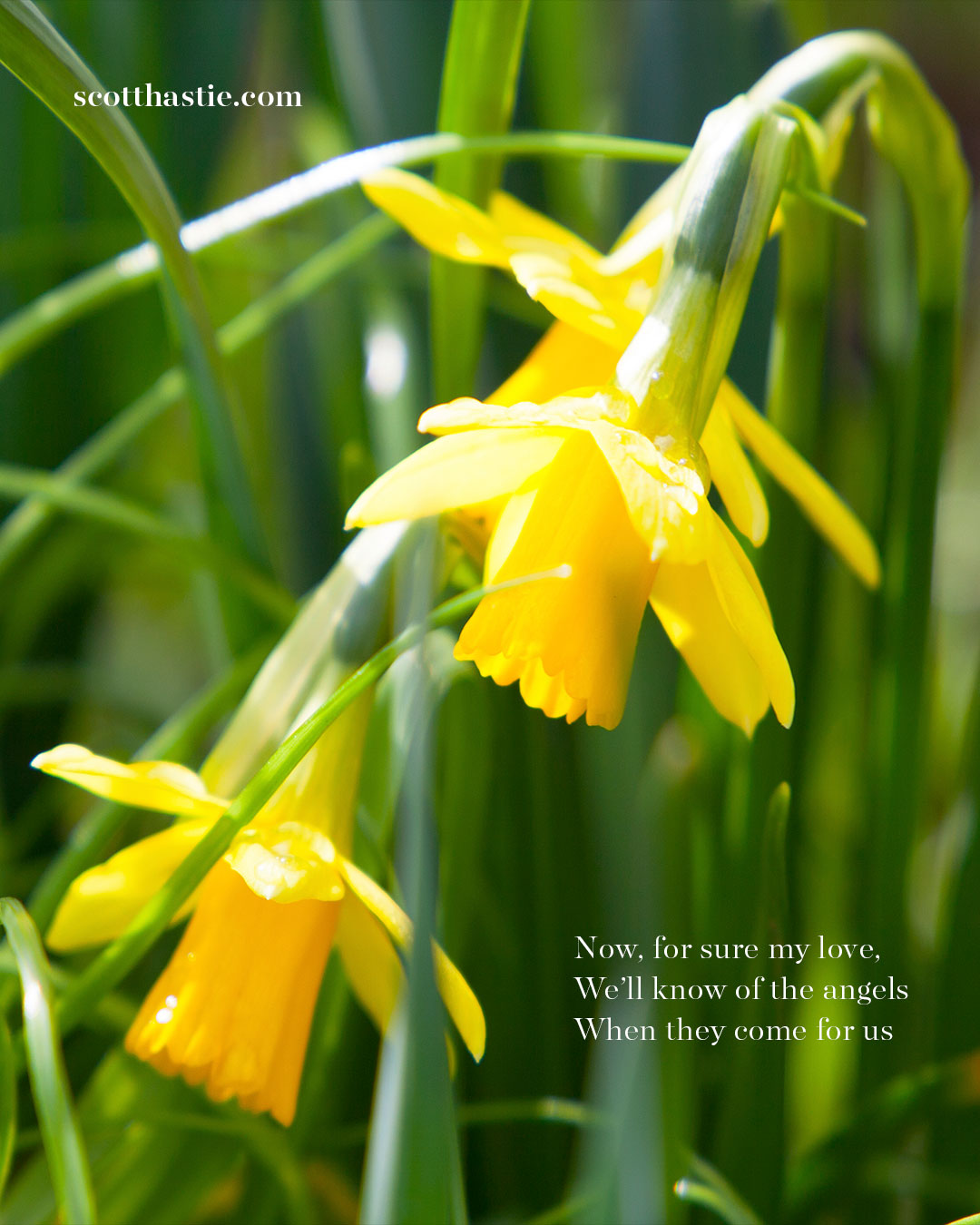
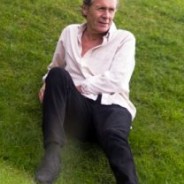
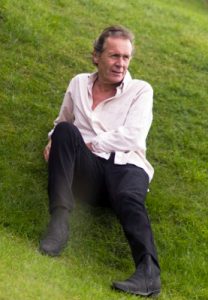





Recent Comments